“I would teach children music, physics and philosophy; but most importantly music, because the patterns in music and all the parts are the keys to learning”
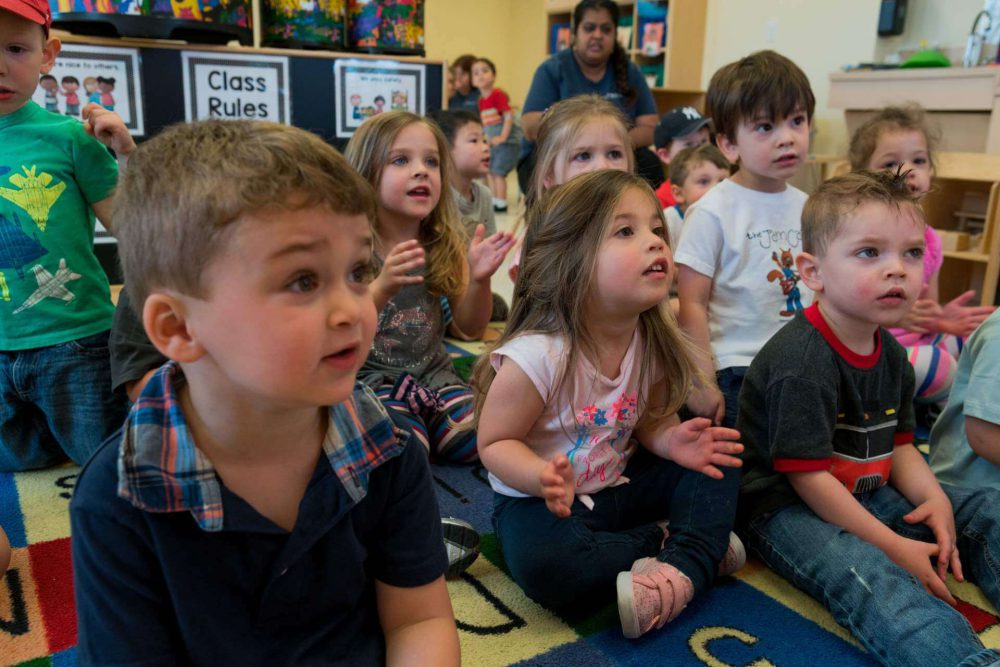
Literacy, Speech and Language
Speech and language share many of the same processing systems as music. The extensive use of structural auditory patterns in speech and language are developed as children learn to hear these patterns in music. This ability is critical in phonological awareness, encoding of linguistic sounds and is crucial in learning to read. Studies have shown that musically-trained children have better phonological skills, which can help them to learn words faster, develop a richer vocabulary, and learn to read sooner.
Complete Brain
Our music classes are designed around the recent studies of the developing child’s brain and the understanding that active engagement with music utilizes many areas of the brain at once. A 2016 study at the University of Southern California’s Brain and Creativity Institute found that musical experiences in childhood can actually accelerate brain development particularly in the areas of the brain responsible for processing sound, language development, speech perception and reading skills.
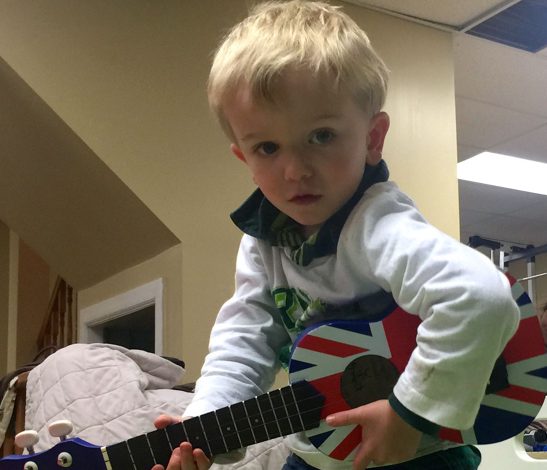
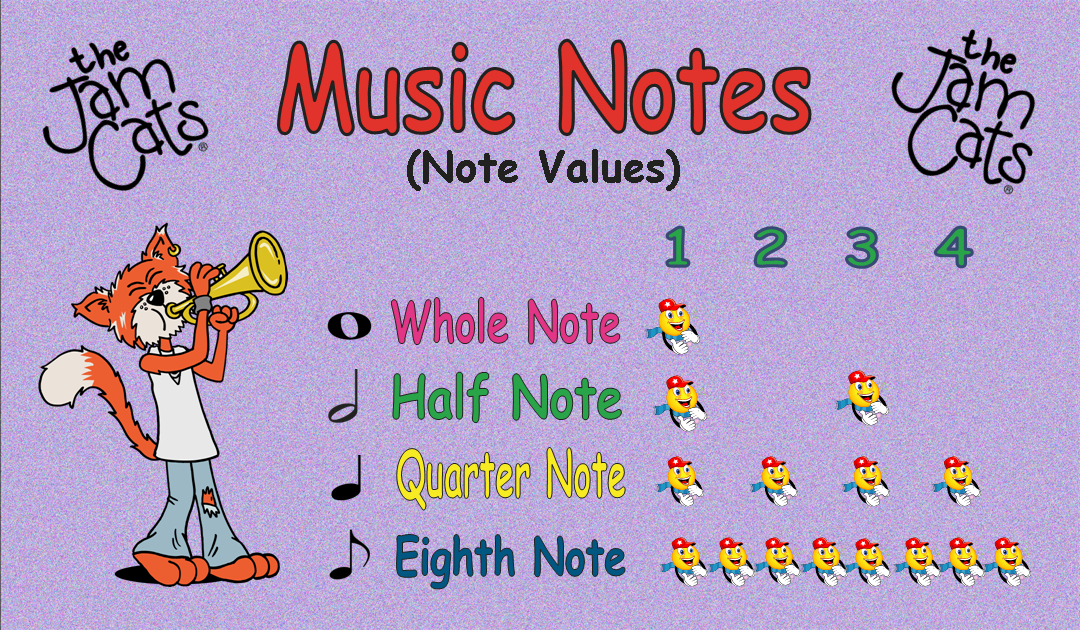
Mathematics
The link between music and mathematics has long been studied. By understanding beat, rhythm, and scales, children are learning how to divide, create fractions, and recognize patterns. The skills taught in our classes develop an understanding of rote counting, number sense, pattern recognition and sequencing. Studies show that music seems to wire a child’s brain to help him better understand areas of math.
Social and Emotional
Music is inherently emotional. Different songs and genres of music bring on different emotions and moods. The ability to hear and recognize these subtle changes and response appropriately to them is a key foundation in emotional and social awareness. Early music education and performance develops children’s public speaking skills and confidence. As children participate in singing, dancing or playing, they are given a sense of confidence that carries over into their interpersonal relationships. Our music classes help young children develop these skills, all of which are valuable tools throughout life.
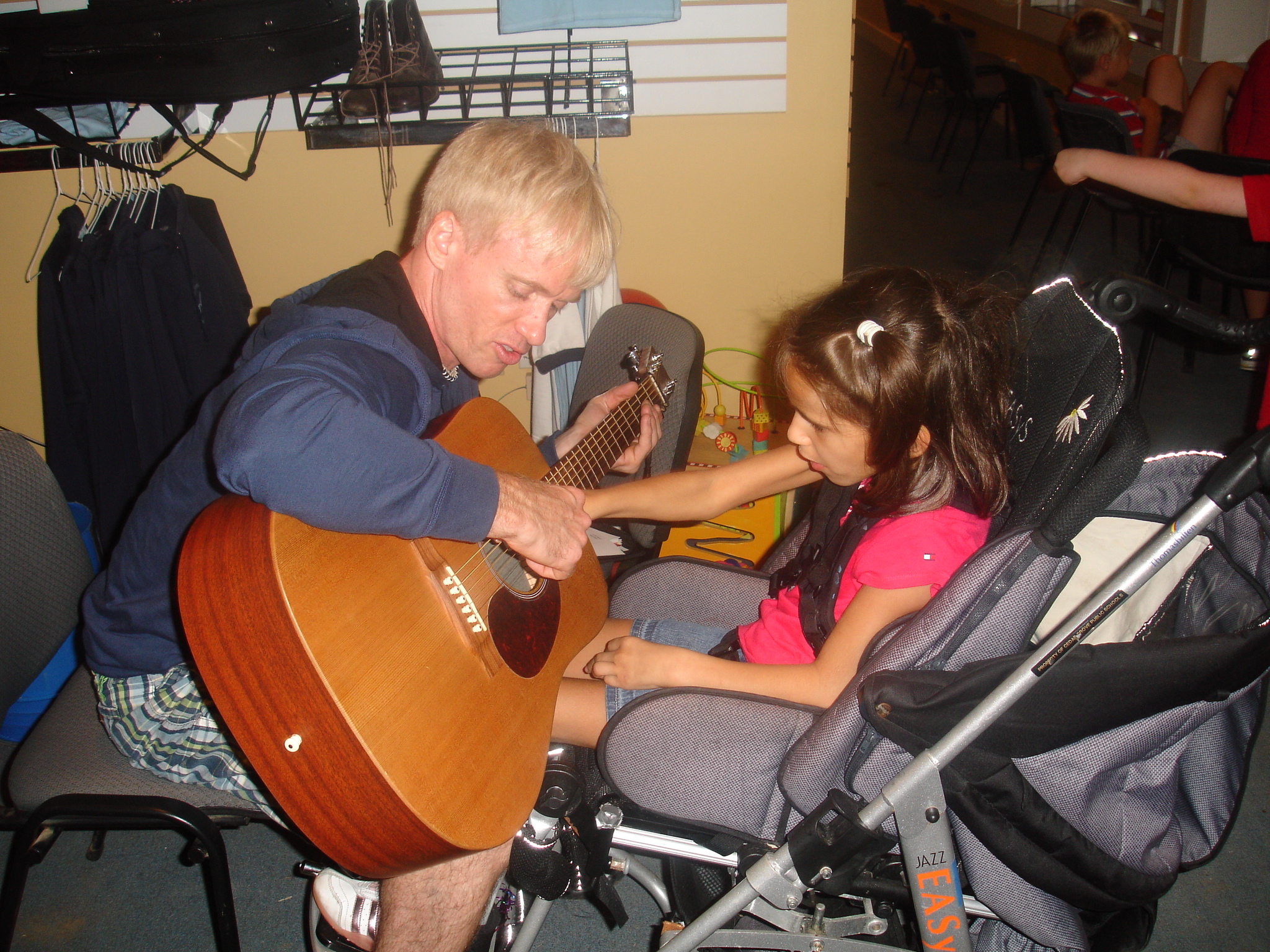
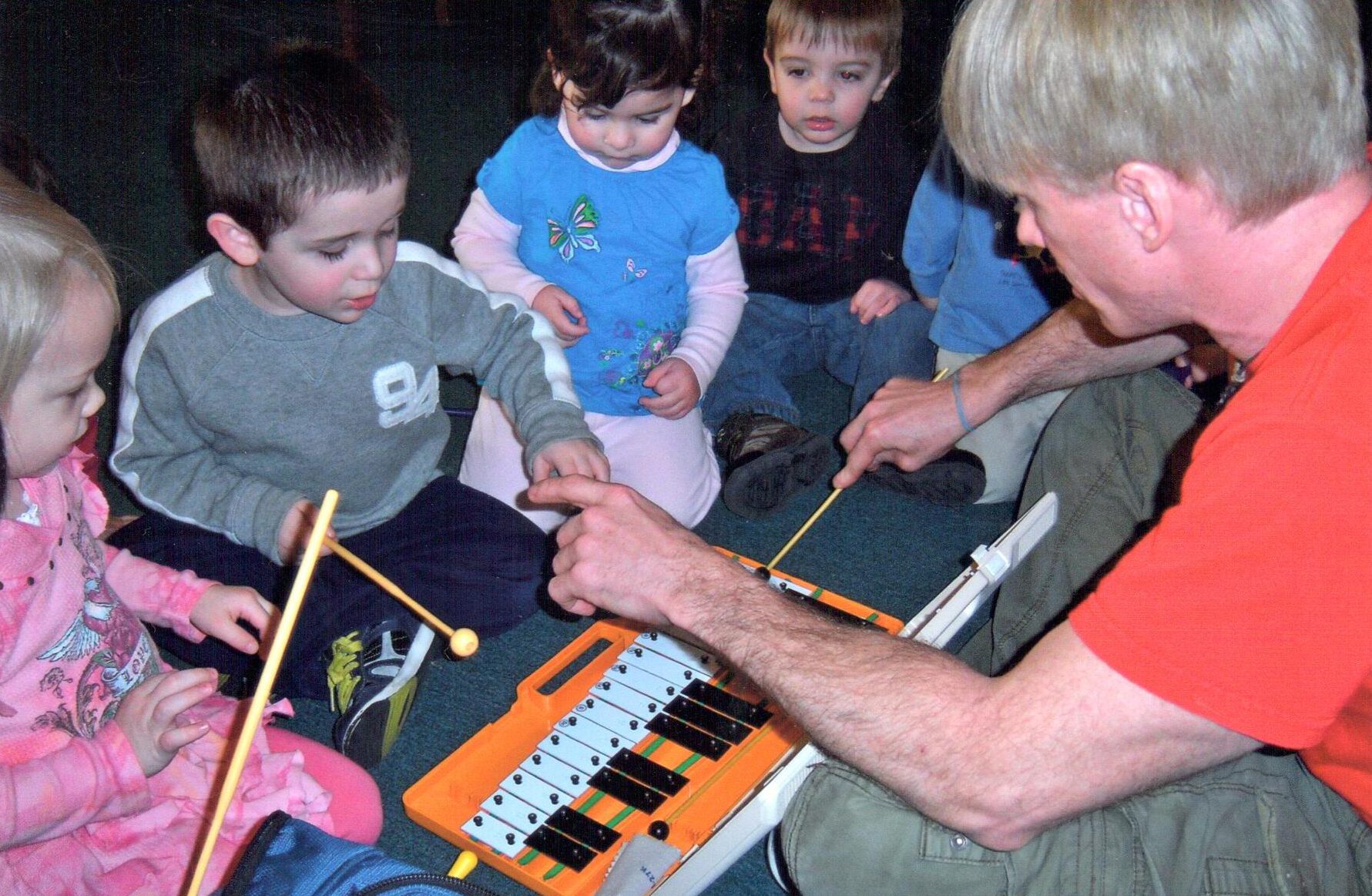
Motor Development
Physicality is in every aspect of music and our classes have children actively engaged in making and moving to music the entire time. From the fine motor skills needed to use a mallet to play notes on a glockenspiel to the gross motor skills and coordination developed while dancing, jumping and twirling children are always physically engaged. Our energetic classes perfectly blend the fundamentals of music education with physicality of movement classes.
